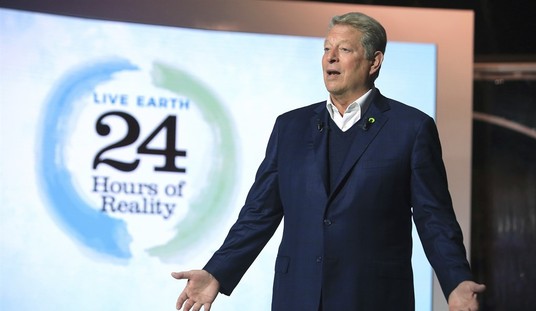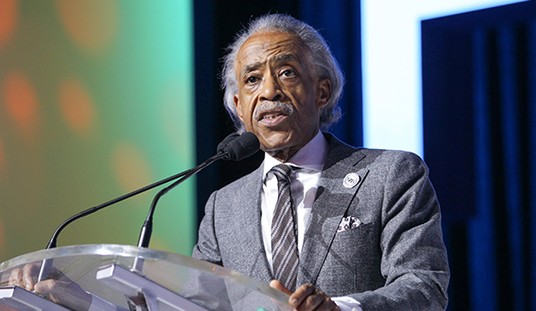According to the US Preventive Service Task Force (USPSTF), an independent panel of experts, so-called “baby-friendly” hospital initiatives aren’t baby-friendly, or useful at all:
A review of scientific evidence on breastfeeding out Tuesday (Oct 25) found that some long-held advice is worth ditching, including that babies should avoid pacifiers and moms should breastfeed exclusively in the first days after birth.
Individual interventions to help expectant and new moms breastfeed are still recommended, but systematic or hospital-wide policies tend to show little benefit, said the report by the US Preventive Services Task Force (USPSTF), an independent panel of experts.
The USPSTF still recommends breastfeeding as beneficial for both child and mother. However, after studying statistics going back to 2008, the panel found that the “pre-determined steps” carried out by many hospitals under the term “baby-friendly initiative” don’t have any real impact on a mother’s ability to initiate or continue breastfeeding her child. As one nurse said right after I gave birth in a “baby-friendly” hospital, “I could tell you all about breastfeeding, but it’s a bit pointless without showing you, and your milk isn’t going to come in until after you’ve been discharged.”
Much like this nurse, the expert panel recommends “one-on-one assistance provided by trained personnel, particularly when delivered at multiple points in time.” In other words, if you want to breastfeed the time to contact your local La Leche League or breastfeeding support group is now, and often. (Something breastfeeding mothers have been telling us for years.)
The expert panel also recommended against the World Health Organization’s (WHO) anti-pacifier policy. They could not establish any connection between newborn pacifier use and an inability to breastfeed. Moreover, recent studies have concluded that pacifier use could prevent SIDS.
Another recommendation dispelled by the panel is the WHO practice of not providing formula to an infant in the first few days of life unless medically necessary:
Not only did this advice show no evidence of a benefit for breastfeeding practice, it can raise the risk of dehydration complications and rehospitalisation in babies in their first week of life because mothers’ milk does not always come in right away, but can take four to seven days.
Most importantly, the independent panel recommended that doctors tailor their approach to an individual patient’s specific needs instead of a scientific panel’s nameless, faceless recommendations:
The editorial urged medical professionals to exercise their individual judgement and pursue tailored approaches to helping women with their personal breastfeeding needs.
“A single, uniform approach is ineffective at improving breastfeeding duration of the population,” it said.
So, cheers to all those moms like me who were manhandled 24 hours after giving birth, who found it odd to have to request formula for their newborn at 2 in the morning, and who went home shaking only to wake up three days later with a wet t-shirt exclaiming, “Look! The milk came in! I can finally start this thing!” Apparently, we weren’t the crazy ones. The medical professionals trying to throw far too much information at us, trying to convince our tired minds that our exhausted bodies should be doing something they obviously weren’t ready to do, were the crazy ones. Science says so. So there.









Join the conversation as a VIP Member